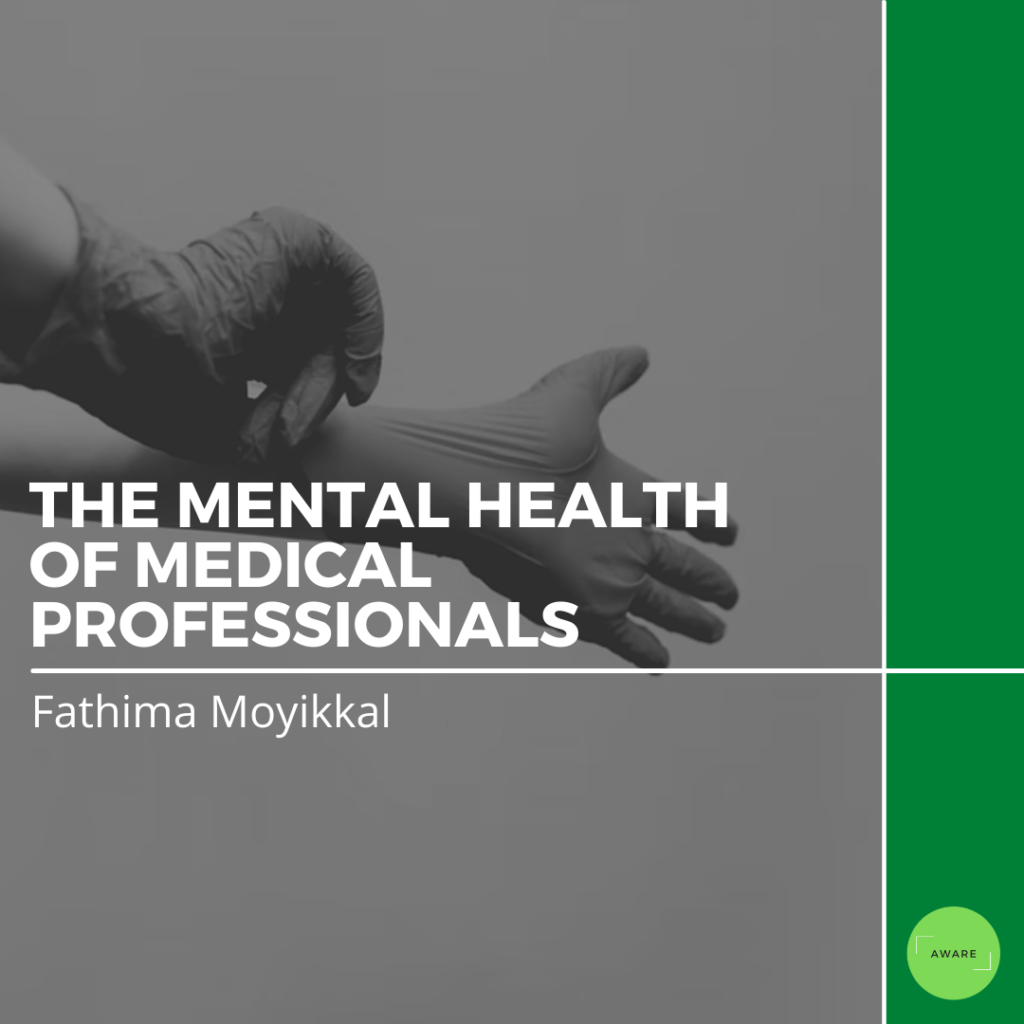The past two years have been very difficult for medical professionals with the outbreak of the COVID-19 pandemic. Physically and mentally, medical professionals were tested immensely. However, the struggle they face on a daily basis is not unique to the pandemic. Being in the field itself, these individuals are likely to face mental health issues. Although the pandemic has intensified the mental health struggles of healthcare professionals, there are many pre-existing conditions that cause these individuals to experience mental health issues.
One of these pre-existing conditions is the work environment of medical professionals. On a daily basis, these individuals care for the sick and are exposed to death and human suffering. As such, they are always put under intense, stressful situations every day. Adding to that is the pressure of handling long and usually unpredictable work hours. Sometimes, these shifts can last longer than 14 hours and happen at odd times as well. This work schedule often also puts healthcare professionals under stress to maintain relationships with their families and friends. Physical exhaustion is a common consequence of taking up such a challenging schedule, which can lead to distress. Furthermore, doctors and nurses are at risk of being exposed to infectious diseases, harmful drugs, and more. As medical professionals take the vow to do no harm, they tend to put the wellbeing of others before themselves. Although this dedication is admirable, it can often lead them to delay in or prevent caring for themselves.
Overall, the risk of medical professionals experiencing mental health issues is high. Studies that surveyed physicians and nurses found that modifiable workplace factors such as lack of work-life balance, working hours, and work control are what are linked to burnout and exhaustion. Another major factor is the lack of institutional support such as awful staff support and poor leadership that affect the wellbeing of healthcare workers.
The Impact of the COVID-19 Pandemic
The pandemic has introduced further factors that increase the stress and fatigue healthcare professionals face. Due to the shortage of workers and the surplus of patients, many healthcare workers were putting in more hours of work. Unfortunately, this situation led to an increase in anxiety. For some individuals, the situation was extremely tough to the point where some of them developed symptoms of post-traumatic stress disorder (PTSD). Some related their experiences to war zone scenes as they saw the infection spread throughout their communities. A study conducted after the start of the pandemic found that 93% of medical professionals experienced stress while 86%, 77%, and 76% experienced anxiety, frustration, and burnout, respectively.
Apart from physical exhaustion associated with these professions, employees reported having trouble sleeping, changes in appetite, and increased headaches and stomachaches. Many more reported experiencing work-related dread and compassion fatigue. On the other hand, nurses reported being more tired and stressed than their counterparts. Many of these individuals also had other worries. Many were worried about exposing their loved ones to the virus. Most were worried about exposing their children, partners, or older family members to COVID-19. Unfortunately, women were more likely to experience these impacts. Additionally, staff at underequipped hospitals where there was a lack of personal protective equipment (PPE) were also likely to experience anxiety and stress.
Recommendations
There are some recommendations for maintaining personal wellbeing in the field of medical health professions. One of them is taking advantage of coping strategies, such as taking time out when possible. Some institutional changes can be made as well. For example, hospitals and clinics can increase the staff support offered to their employees, create wellness focus groups, and try to align the goals of leadership with the employees.
